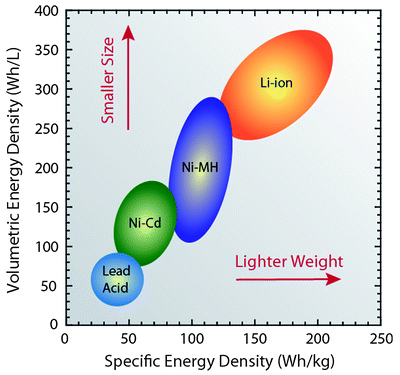Love that the storage tech is only mentioned in 2 sentences and only described as using an oxide.
Futurology
Article seems a bit confusing on what exactly they mean by "solid hydrogen". It doesn't seem like they mean actual, pure hydrogen frozen into a solid (not that that's surprising, given how insanely cold that would need to be), but they keep mentioning a "solid fuel cell" of some kind without really going into much detail on exactly what that is.
Its clearly not solid hydrogen, but instead some room temperature stable 'chalk-like substance' that serves as a matrix for the hydrogen. Pretty neat if they can manage it as a battery tech and provided its not too explosive.
They are very cagey about the details of how this works, yet their website says individual components have been validated by SINTEFF, the Norwegian Foundation for Industrial and Technical Research. They have a long list of companies they've spun off from basic research breakthroughs. If they have validated this technology, then it at least works in the laboratory.
They claim their volumetric energy density is 3.3kWh/L, which is very good for hydrogen. The 3.5kWh/kg gravimetric energy density is very bad for hydrogen, but good compared to batteries.

